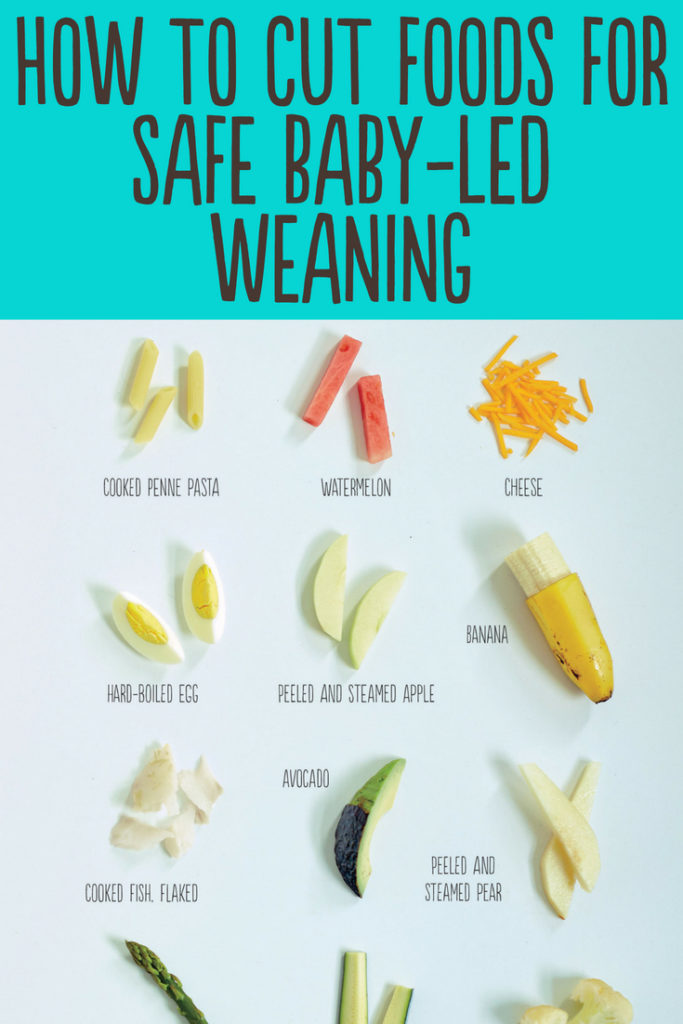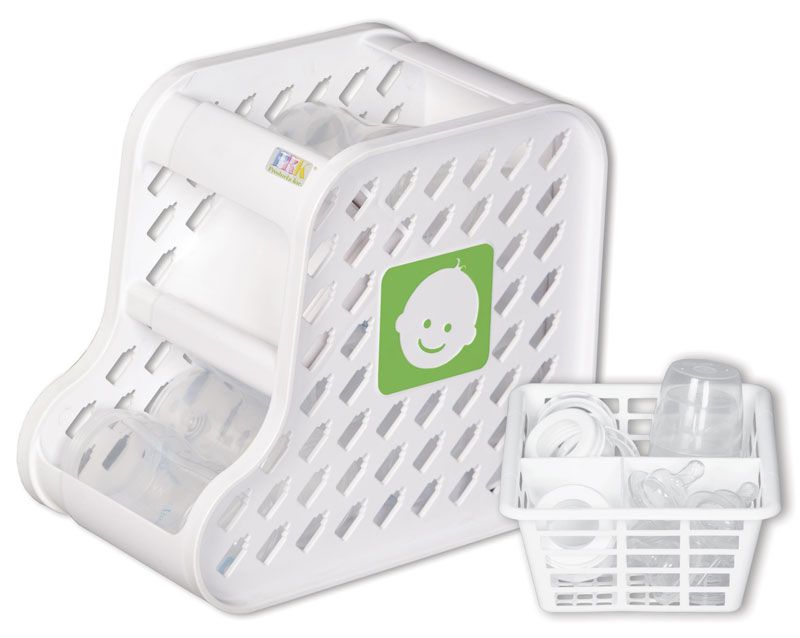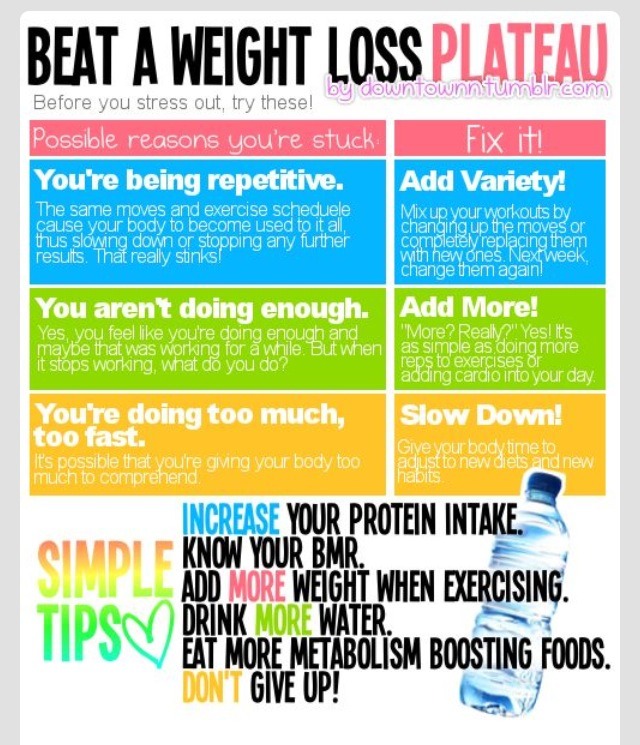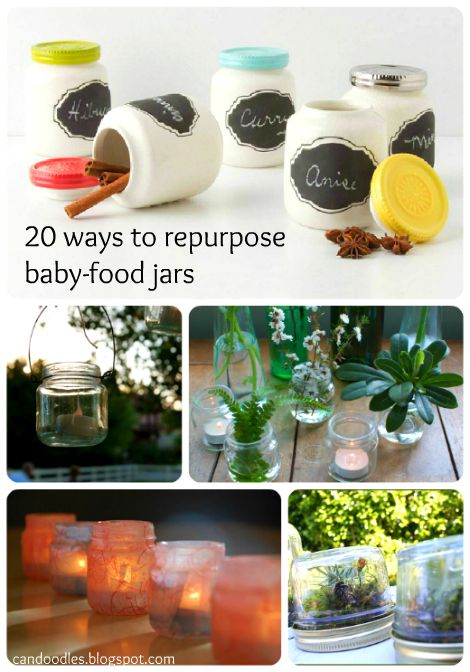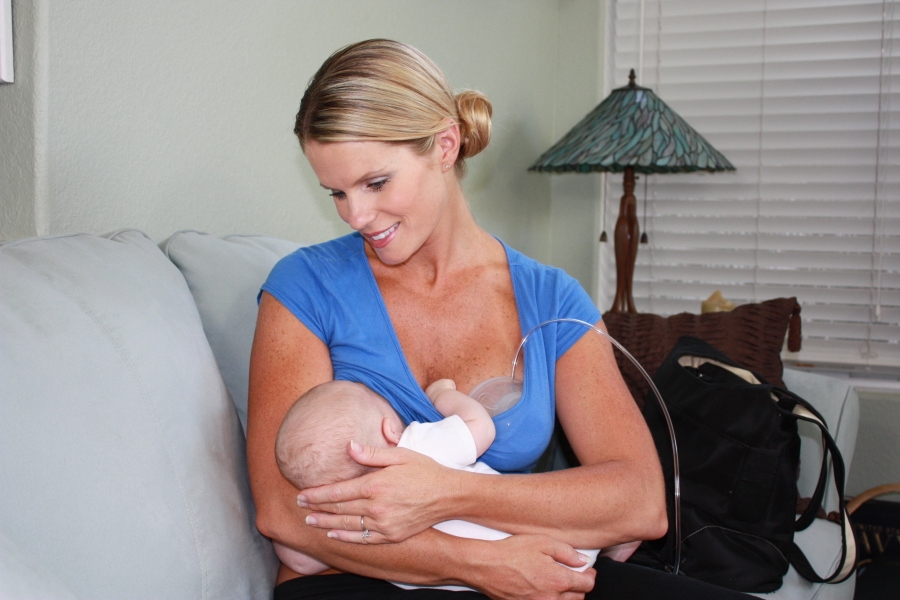Baby irritable during feeding
My baby fusses or cries when breastfeeding
By Kelly Bonyata, BS, IBCLC
© Lsantilli - Fotolia.com
Some babies will fuss, cry or pull off the breast during breastfeeding. There are a number of reasons why this might be happening. It’s pretty common to see this type of behavior at around 6-8 weeks, though it can occur at any time. If your baby is generally fussy (not just when nursing) see My baby is fussy! Is something wrong?
Determining the problem
Here are some of the problem-solving steps I go through when my baby is fussy at the breast or a mother asks me why her baby is fussing while breastfeeding:
.
How old is baby? Most babies go through growth spurts during the first few days at home and around 7-10 days, 2-3 weeks, 4-6 weeks, 3 months, 4 months, 6 months, 9 months, etc. Many babies are fussy during growth spurts.
Is baby working on anything new developmentally? Babies who are starting to notice the world around them can be notoriously distractible. Any kind of new developmental step that baby is working on can affect nursing temporarily, whether it be fussy nursing behavior or simply more frequent nursing.
When is baby fussing? To figure out the cause it’s helpful to pay attention to when the fussy behavior happens, both during the nursing session and during the day.
If baby is fussy right when your milk is letting down (or immediately after), there’s a good chance that the fussy nursing is related to a fast let-down. If baby is fussy before let-down, or a few minutes into nursing (and a while after let-down), then baby may be impatient for the fast flow of milk that comes with let-down. Fussing at the end of a nursing session (or what seems to be the end) may mean that baby needs to burp, or is ready to finish nursing, or just wants to suck (and doesn’t want to deal with a new let-down at this point), or wants to continue nursing on the other side or with a faster flow of milk.
If the fussy behavior is mainly in the mornings, it might be due to a faster than usual let-down if baby has just had a longer sleep period and mom’s breasts are fuller than usual. If baby is fussier during evening nursings, it may be due to the normal fussy time that most babies have during the evening. Although most babies don’t react to foods that mom eats, some do. If you eat a particular food at about the same time each day (or most days) and baby has a regular time where she fusses during nursing, try not eating that food for a week or two to see if things improve.
If baby is fussier during evening nursings, it may be due to the normal fussy time that most babies have during the evening. Although most babies don’t react to foods that mom eats, some do. If you eat a particular food at about the same time each day (or most days) and baby has a regular time where she fusses during nursing, try not eating that food for a week or two to see if things improve.
Does fussing occur on both sides equally or only on one side? Most moms have a faster let-down and/or a more abundant milk supply on one side than the other, so if your baby fusses more on one side, it may be due to these differences.
What else is going on with baby? Is she sick or teething? Is something new or different going on in her environment? Has she started solids or is she trying a new food? Is she exhibiting other symptoms besides the fussy nursing?
Below are discussions of some of the different things that can lead to fussy nursing behavior.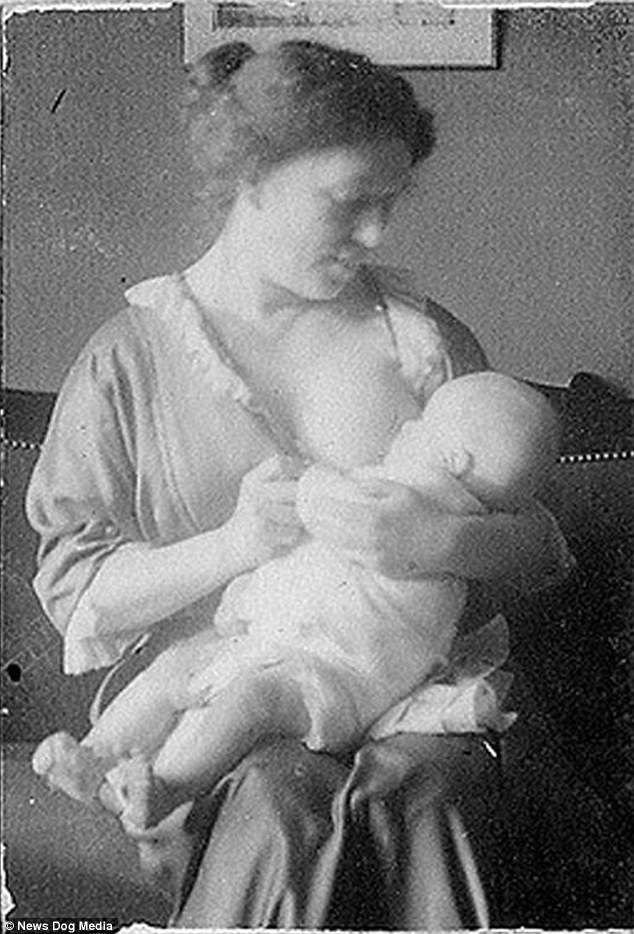 Keep in mind that the problem may also be a combination of several things.
Keep in mind that the problem may also be a combination of several things.
Does baby need to burp?
Many babies will cry, fuss, pull off the breast, etc. if they need to burp. Try to burp between breasts and after a feeding, but don’t worry if baby does not burp and is content. Breastfed babies overall don’t take in as much air during a feeding as bottle-fed babies do, so usually don’t need to burp as often. If baby has been crying before she nurses, or is so hungry that she nurses “frantically” or if mom has a fast let-down, baby could be taking in more air and may need to be burped more often.
Burping is usually only necessary during the first few months, though it may extend longer. Once your baby is moving more freely, she will be able to relieve the gastric gas herself. This usually will occur between the 4th and 6th month, but may be shorter in some children and longer in others.
If baby has a hard time burping, try burping more often during a feeding.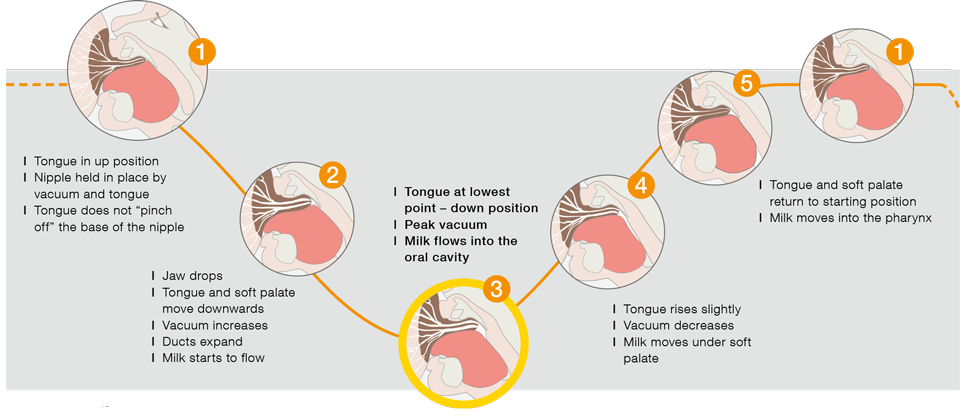 The best burping position is one that applies firm pressure to the baby’s tummy. Placing baby over the shoulder way up so that there is pressure on baby’s abdomen often works well. Walking around while doing this might distract her long enough to get a good burp. You may even want to lie baby down on her stomach and burp her that way.
The best burping position is one that applies firm pressure to the baby’s tummy. Placing baby over the shoulder way up so that there is pressure on baby’s abdomen often works well. Walking around while doing this might distract her long enough to get a good burp. You may even want to lie baby down on her stomach and burp her that way.
Growth spurt
Babies often pull off and fuss during growth spurts. Most babies go through growth spurts, sometimes called frequency days, during the first few days at home and around 7-10 days, 2-3 weeks, 4-6 weeks, 3 months, 4 months, 6 months and 9 months (more or less). More growth spurt information in this link.
Distractible baby
If baby seems to be pulling off the breast at any distraction (real or imaginary), then see The Distractible Baby.
Forceful let-down
Some babies will pull off the breast soon after let-down if mom has a forceful let-down. Baby may be frustrated by the too-fast flow of milk with let-down. A too-forceful let-down can also cause excessive gas or spitting up/vomiting. There is more information here on symptoms of and how to deal with a fast let-down reflex.
A too-forceful let-down can also cause excessive gas or spitting up/vomiting. There is more information here on symptoms of and how to deal with a fast let-down reflex.
Slow let-down
Some babies get very impatient if mom has a slow let-down. There is more information here on speeding up a slow let-down reflex.
Baby wants a faster milk flow
Even very young babies can be quick to notice that pulling off, kneading the breast, etc. can cause an additional let-down, and can facilitate a faster, easier milk flow. Some babies become impatient with the slower milk flow following the initial fast flow at let-down. This may or may not be related to a slow let-down.
When a feeding begins at the breast there are drops of milk. Then when the initial let-down occurs (several seconds to a minute into the feeding), the milk flow speeds up quite a bit. At that time it may drip very quickly, squirt, or even spray. Some minutes later it slows again and the baby must continue to suck vigorously in order to elicit further let-downs.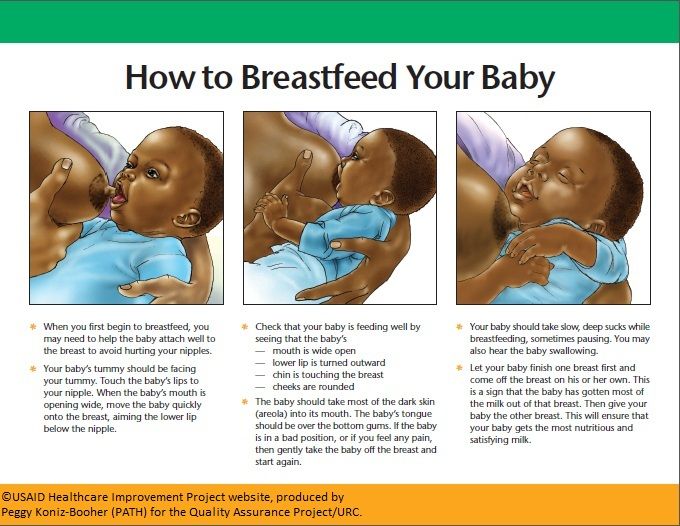 This pattern can continue through successive, multiple let-downs as long as the baby is continuing to nurse vigorously. Eventually, baby will learn that the flow will pick back up again if she’ll only continue to vigorously suck/swallow.
This pattern can continue through successive, multiple let-downs as long as the baby is continuing to nurse vigorously. Eventually, baby will learn that the flow will pick back up again if she’ll only continue to vigorously suck/swallow.
With bottle feeding, the flow is instant and continuous. The baby is required to work very little. Once a baby has had a bottle, especially a lot of bottles, she may begin to prefer the ease of bottle-feeding over the work of breastfeeding. She may become frustrated at the breast after the first let-down occurs and the flow of milk begins to slow.
If baby is getting bottles you might consider putting them away, at least for a while. When you must use a bottle, only use a newborn nipple for as long as baby will tolerate it so that she never gets a really fast flow of milk from the bottle, but has to work a little more to get the milk.
Sometimes babies of moms with oversupply or fast let-down will also get very used to the fast flow and object when it normally slows somewhere between 3 weeks to 3 months.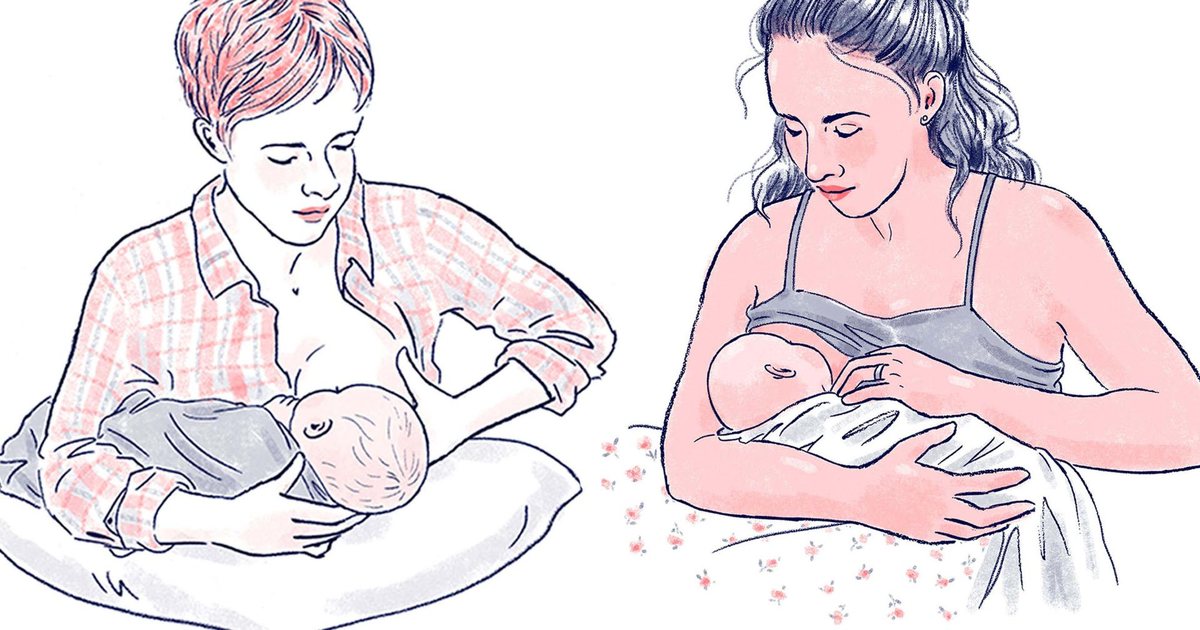
It can be helpful to do some breast compression when this fussiness starts or right before you expect it to. This will help speed up the milk flow again. Once compression stops helping, try switching baby to the other side when she begins to fuss and back and forth again (after using compression) as you need to.
Baby is done nursing for the moment
If baby is fussing after she’s been nursing for a while, and you’ve ruled out other causes, she may be in the process of changing her nursing pattern. Babies become very efficient at the breast with growth and maturity. They can milk the breast in a lot less time per feeding session than they required before. Baby’s frustration may just be a sign that she’s finished and wants to move on.
On a similar note, an occasional baby will just want to suck at the end of a nursing session and the flow of milk with let-down frustrates her. You might see if offering her a finger or pacifier (if baby is older than 4-6 weeks) to suck on during these times seems to help.
Baby prefers one side
Sometimes babies will refuse or fuss at a breast when the let-down is slower or too forceful, or the supply a bit lower. They in turn will prefer the side which lets down more/less quickly and in which the supply is more bountiful. See also: Lopsided! What can I do?
Fussy in the evening
Many young babies tend to pull off and fuss at the breast in the evening. See the article Cluster Feeding and Fussy Evenings.
Teething
Teething can cause fussy nursing behavior, as some babies experience gum discomfort with sucking. Baby might start to nurse, but then pull off and cry or fuss and not want to nurse anymore. See Teething for more information and tips.
Thrush
Frequent pulling off the breast can be a symptom of thrush.
Stuffy nose
A stuffy nose can cause fussy nursing behavior. If your baby has a stuffy nose and is having a hard time breathing and nursing at the same time, see colds & congestion.
Allergy or food sensitivity
Some babies with allergies or food sensitivities exhibit fussy nursing behavior. Often when there is a sensitivity to something in mom’s diet, baby will come to the breast hungry but when she tastes/smells something in the milk that will cause her GI distress, she pulls off, bats her head back and forth, etc. Sensitivities to foods in mom’s diet are rare. If this is the problem, you will most likely notice other symptoms, such as excessive spitting up or vomiting, colic, diarrhea, rash, persistent congestion or runny nose, or excessive gas. More information on food sensitivities in babies and links to more allergy information can be found in my article Dairy and other Food Sensitivities in Breastfed Babies.
Low milk supply
Low milk supply can cause baby to be fussy at the breast. If you feel that your milk supply may be low, see this page for more info: Increasing low milk supply.
Reflux
Reflux can result in baby being fussy at the breast.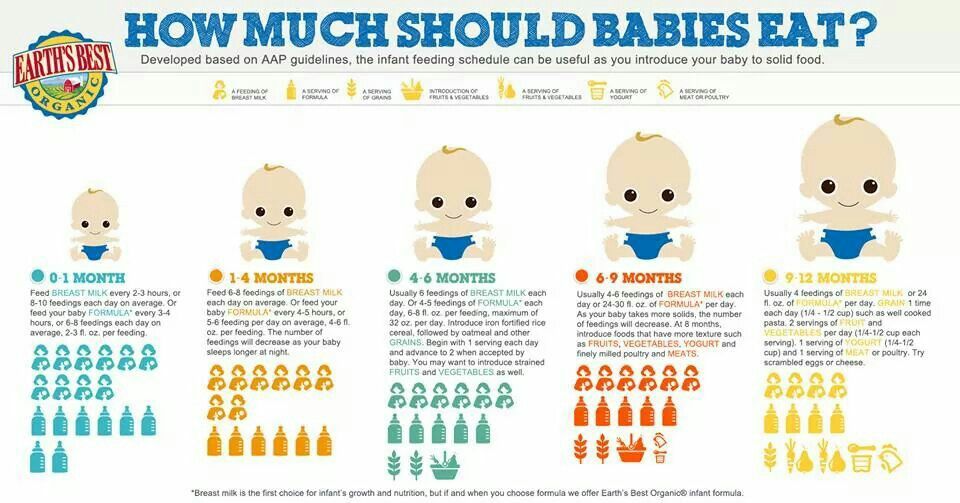 See Reflux and Breastfeeding for more information.
See Reflux and Breastfeeding for more information.
Tongue-Tie
Tongue-Tie can result in baby being fussy at the breast. See Breastfeeding a Baby with Tongue-Tie (Resources) for more information.
The Distractible Baby • KellyMom.com
By Kelly Bonyata, BS, IBCLC
- Is my baby distractible?
- What can I do about it?
- Additional Information
Is my baby distractible?
Latch on, suck a moment, pull off… latch on, suck a moment, pull off. Nurse a minute, pull away to smile at mom. Nurse a minute, pull away to see who just walked in the room. Nurse a minute, pull away to listen to the TV. Nurse a moment, pull away because the dog wagged his tail.
Sound familiar?? Baby starts to nurse and just as soon as your milk starts to let-down, baby pulls off and wiggles around in your lap. Babies aged two to six months are notorious for pulling off the breast at any distraction (real or imaginary) and tend to forget to let go before they turn around (ouch!).
.
This is a passing developmental stage that can be quite a nuisance – it’s usually at it’s worst between four and five months. At around 2 months, your baby will become able to see things clearly across the room. At around 3 months, he’ll start to stay awake longer and take a greater interest in the world around him. Your baby is also beginning to recognize that he is separate from mom. All of these things can result in a distractible baby. When baby first becomes aware of the rest of the world, he will have a hard time concentrating on nursing. In effect, he will be unable to “walk and chew gum at the same time.” Once he gets a little older, he’ll find it easier to both nurse and take in the world around him at the same time.
Distractibility is also common around 8-10 months, and can lead mom to think that her baby is trying to wean. If your baby is younger than a year, it’s highly unlikely that this temporary disinterest is self-weaning. It’s very rare for a baby younger than 12 months to self-wean.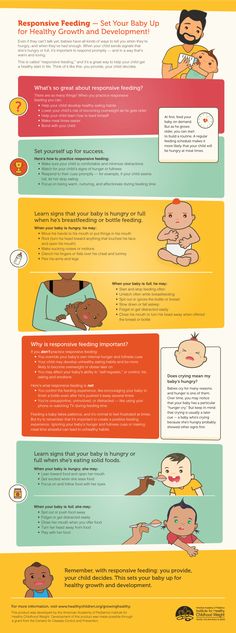
What can I do about it?
Many moms find it more and more difficult to nurse a distractible baby, and sometimes even interpret it personally (“I don’t want mom any more” or “I don’t want to nurse any more”). At the very least, it’s frustrating to deal with a distractible baby. Less frequent/shorter nursing during this distractible stage can lead to a low milk supply, so do your best to get in a few decent feedings during the day.
Until this stage has passed, baby may need a quiet place to nurse and/or more night nursing until he’s figured out how to deal with distraction. Do take advantage of night nursing during this time – it doesn’t matter when baby takes in his calories during a 24-hour period. One study showed that older babies can consume as much as 25% of their total daily intake of mother’s milk during the night, probably partly because of daytime distractibility.
Nursing in a quiet, darkened, boring room often helps. Talk in quiet, soothing tones (if you talk at all). Nurse while lying down; nap nurse. Cover baby with a shawl or put him in a sling to nurse. Nursing while in motion (walking, rocking) can also help baby to focus better on nursing. Try to catch your baby when he’s more willing, such as when he’s just waking up, already a little sleepy, or actually asleep. Baby’s initial pulling off is probably not an indication that he is finished – just an indication that he saw/heard something interesting across the room. When he pulls off, try to coax him back to the breast a few more times before giving up.
Nurse while lying down; nap nurse. Cover baby with a shawl or put him in a sling to nurse. Nursing while in motion (walking, rocking) can also help baby to focus better on nursing. Try to catch your baby when he’s more willing, such as when he’s just waking up, already a little sleepy, or actually asleep. Baby’s initial pulling off is probably not an indication that he is finished – just an indication that he saw/heard something interesting across the room. When he pulls off, try to coax him back to the breast a few more times before giving up.
If baby pulls away without letting go, keep a finger ready to break the suction as soon as he starts to pull away. You can also nurse baby in the football (clutch) hold so you have better control of his head, or nurse him in the cradle hold in a sling. This type of behavior sometimes leads to biting; if your baby bites, see When Baby Bites.
If baby is not nursing as much because of distractibility, offer the breast often (even when he doesn’t “ask” to nurse). Make up for lost time by nursing more often during the night. Older babies may nurse better if you try different and novel nursing positions in which they have more control – baby standing up, sitting on your lap facing you, etc.
Make up for lost time by nursing more often during the night. Older babies may nurse better if you try different and novel nursing positions in which they have more control – baby standing up, sitting on your lap facing you, etc.
Additional information
Wakeful 4 Month Olds by Jan Barger, RN, MA, IBCLC @
Breastfeeding as Baby Grows. This article, by Becky Flora, IBCLC, talks about baby’s different developmental stages during the first year and how they affect breastfeeding.
What is Normal? by Paula Yount discusses the variations of normal that you can expect throughout your breastfeeding experience.
My baby fusses or cries during nursing – what’s the problem? This article discusses some possible reasons for fussy nursing behavior. If you’re looking for the rest of the info that used to be on this page, it’s in this article (with more added).
Is my older baby getting enough milk? If you feel that your baby is not nursing enough, this page may be helpful.
What to do if the child has increased irritability.
June 25, 2020 and emotional overload), as well as premature birth, by caesarean section, or in difficult natural childbirth. Irritability can be a response to the environment or excessive demands on the child, without taking into account the age and individual characteristics of the psyche.
Up to 3 years any reason - improper diet, loud noises, bright lights, uncomfortable clothes, change of scenery, manifestation of negative emotions of adults - can cause irritation, tearfulness, sleep problems, and rapid fatigue of the child. What can parents do?
- Try to eliminate discomfort and calm the child as soon as possible. Ensure compliance with the daily routine, proper nutrition, physical and psychological stress, adequate to his age and condition. Don't try to build endurance and endurance in a young child, this will only make him more uncomfortable and make it harder to return to an emotionally stable state.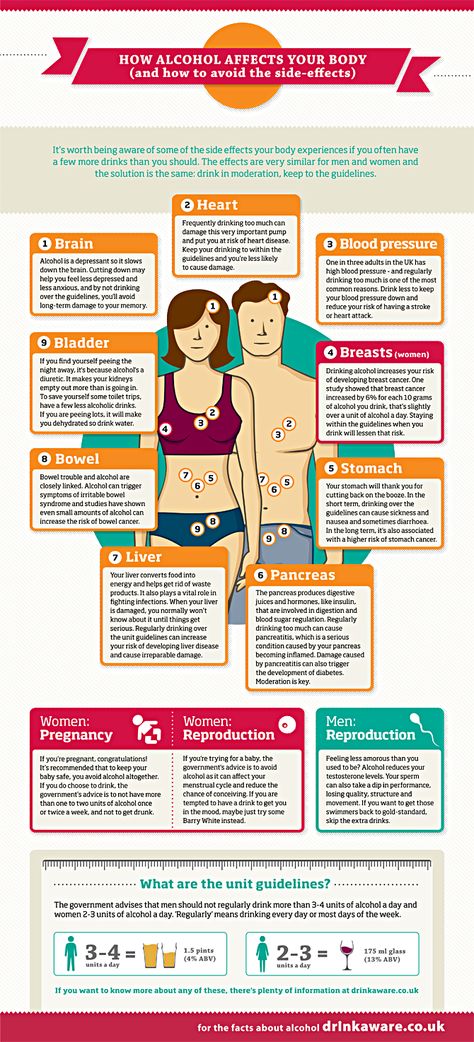
- Prepare the child in advance for any changes, tell and explain what will happen, soften the content of unpleasant information. For example, tell us why you need to go to the doctor and why it is good, when and for what reason guests will come to you, how much time the child will spend without you (with a grandmother or a nanny), what he will do in a children's institution. If it's time to end the game and go to bed, tell them that the toys are tired, look sleepy and suggest putting them to bed first, and then going to bed yourself.
- Keep calm yourself, do not get infected by the child's emotions. While the parent is calm, he is able to influence the situation and help the child cope with emotions. Do not show your fear or disappointment, do not frighten the child with suggestions of what might happen, and do not tire him with moralizing.
Preschool age. The older the child becomes, the more important the factors of education become in the development and consolidation of irritability, so parents should pay attention to the parenting strategies used and their own behavior, which the child can copy.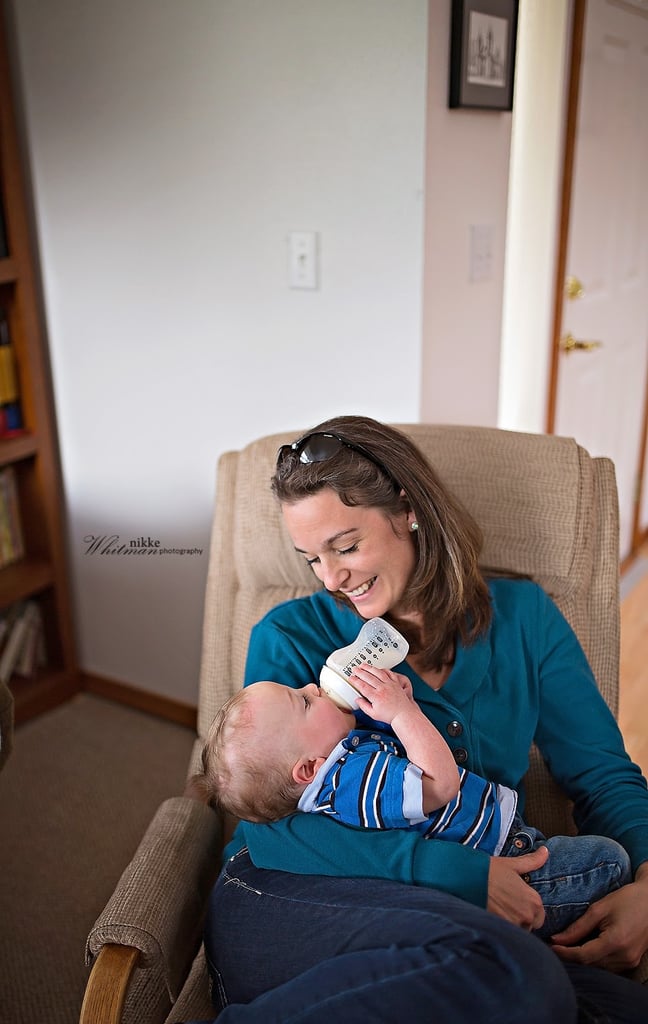
- Be an example of constructive conflict resolution and respect for all family members. Do not be afraid to apologize if you were wrong or said hurtful words in the heat of the moment. Learn to switch your emotional state, recognize and prevent outbursts of irritation. Watch your psychological health, do not bring yourself to a state of exhaustion and "driven".
- If your child is anxious and reacts violently to failures, give him more independence in situations that do not threaten his health, do not surround him with excessive care. The experience of overcoming difficulties is important for the child, this gives him confidence in his abilities.
- At the same time, demand a respectful attitude towards elders, observance of the daily routine, rules of courtesy and norms of behavior in public places. Otherwise, permissiveness and complete freedom can lead to frequent irritation and expression of dissatisfaction, even with necessary and reasonable demands.
- Talk to the child, explain your position to the child. Be patient and willing to spend as much time as it takes for the child to understand you and come to the appropriate conclusions. Rudeness, neglect, threats, blackmail injure the child's psyche and are unacceptable in education.
Be patient and willing to spend as much time as it takes for the child to understand you and come to the appropriate conclusions. Rudeness, neglect, threats, blackmail injure the child's psyche and are unacceptable in education.
- Suggest and analyze together possible options for behavior in situations that cause irritation in a child, ways to respond to troubles. Encourage his reasoning and engage in dialogue, helping the child learn to overcome difficulties. Praise and support if things don't work out. For example: “You are good for trying to cope on your own. Learning is always difficult, but you will soon learn it.”
In younger schoolchildren , feelings and irritability will also be associated with high responsibility, academic workload, relationships with classmates and teachers, and the atmosphere in the classroom. Your task in a calm home environment is to help the child respond to insults, support him and help switch attention.
- Talk to your child about situations that trigger an emotional response.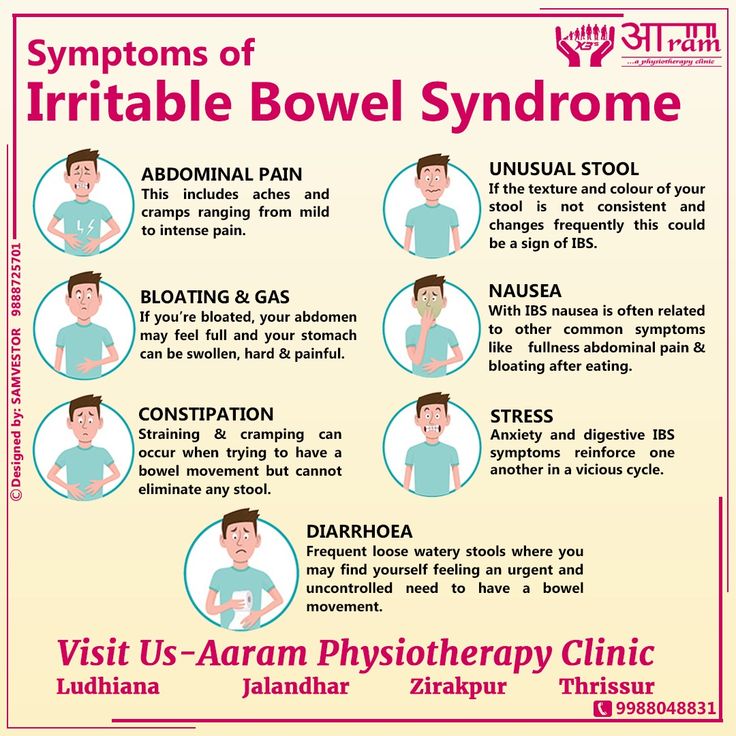 Children's awareness of their own thoughts, emotions and actions occurs with the help of adults. Therefore, by analyzing the situation, we help the child to be aware of it. The habit of keeping feelings inside can lead to nervous tension, increased anxiety, night terrors, and even the development of somatic diseases.
Children's awareness of their own thoughts, emotions and actions occurs with the help of adults. Therefore, by analyzing the situation, we help the child to be aware of it. The habit of keeping feelings inside can lead to nervous tension, increased anxiety, night terrors, and even the development of somatic diseases.
- Do not demand perfect completion of assignments in all subjects, this will cause irritation and reluctance to do anything before starting work. It is normal that children are more capable of some sciences, some subjects are easier for them than others. Do not push or scold the child, do not compare with other children or with yourself in childhood.
- Organize your child the opportunity to relax, change the type of activity and communicate with peers outside the school team - in various circles, sports sections, a music school, with friends in the yard.
Increased irritability, aggressiveness, nervousness - characteristic features of adolescence . Their appearance is primarily associated with hormonal changes occurring in the body. The nervous system cannot quickly adapt, teenagers often do not realize and cannot control their emotions, they feel loneliness due to their emotional instability.
Their appearance is primarily associated with hormonal changes occurring in the body. The nervous system cannot quickly adapt, teenagers often do not realize and cannot control their emotions, they feel loneliness due to their emotional instability.
- Talk kindly, be interested in the experiences of a teenager. Show more attention and love to him, just for what he is. Then the teenager will feel more confident, his self-esteem will increase.
- Help a teenager to understand the reasons for his irritability by speaking in detail about various situations in order to teach a teenager to better understand and control his psychological state.
- Teenagers already consider themselves adults and will defend their rights if you treat them like children. Explain to him that being an adult is a big responsibility, that he must be able to control his emotions and be responsible for his actions.
- Give your teenager more freedom, subject to your agreements with him (calling at certain times, some important restrictions).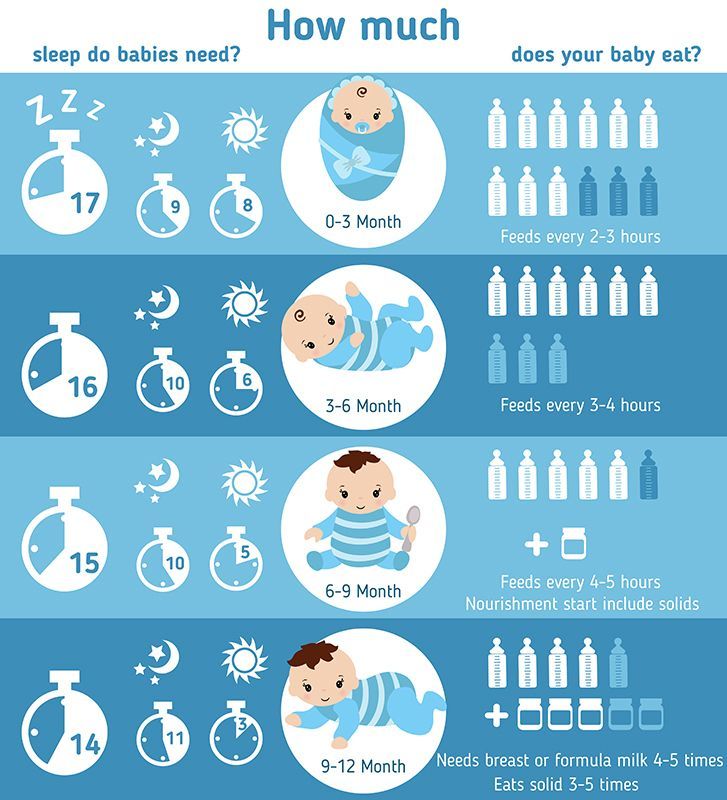 Let him say on his own when he comes, do something himself and praise him for the result, then the joy of success and the desire to do and be better arise.
Let him say on his own when he comes, do something himself and praise him for the result, then the joy of success and the desire to do and be better arise.
- Do not blame, but try to understand the teenager - see his problems, put yourself in his place, remember what experiences you had at that age. After all, teenagers often think that no one understands them, that significant people are indifferent to their interests and feelings.
- Do not focus on the shortcomings, rely on the positive qualities and help to see the resources. Even dissatisfaction with oneself can become an incentive for self-improvement.
Back to the list of news
How to sleep with a baby
establish a general routine
What do most women do when their baby falls asleep? Someone rushes to cook, someone begins to hastily clean the apartment, iron, wash - there are always plenty of things to do in the family. But in vain. You can do household chores even when the baby is awake, but he definitely won’t let you sleep. Therefore, if a son or daughter falls asleep, drop everything and go to bed with the child. There is no perfect order or dinner is not prepared? You can do all this later, when you rest, and, by the way, you will most likely spend much less time and effort. Therefore, the first rule of mom's regimen: sleep when the baby sleeps. To feel normal, a woman (especially a nursing mother) must sleep both at night and during the day. So adjust the general regimen of the day: you can adapt to the child’s sleep, or, on the contrary, you can adjust the child’s sleep to your routine (although this will be more difficult to do).
But in vain. You can do household chores even when the baby is awake, but he definitely won’t let you sleep. Therefore, if a son or daughter falls asleep, drop everything and go to bed with the child. There is no perfect order or dinner is not prepared? You can do all this later, when you rest, and, by the way, you will most likely spend much less time and effort. Therefore, the first rule of mom's regimen: sleep when the baby sleeps. To feel normal, a woman (especially a nursing mother) must sleep both at night and during the day. So adjust the general regimen of the day: you can adapt to the child’s sleep, or, on the contrary, you can adjust the child’s sleep to your routine (although this will be more difficult to do).
accept help
As often as possible, involve volunteers in babysitting, walking with him or just feeding him. And here the help of the husband, grandparents will be invaluable. Do not trust the baby mother-in-law? Do you think that dad will not be able to entertain the baby for a couple of hours? Worried that grandpa will get lost with the baby while strolling around the house? In vain.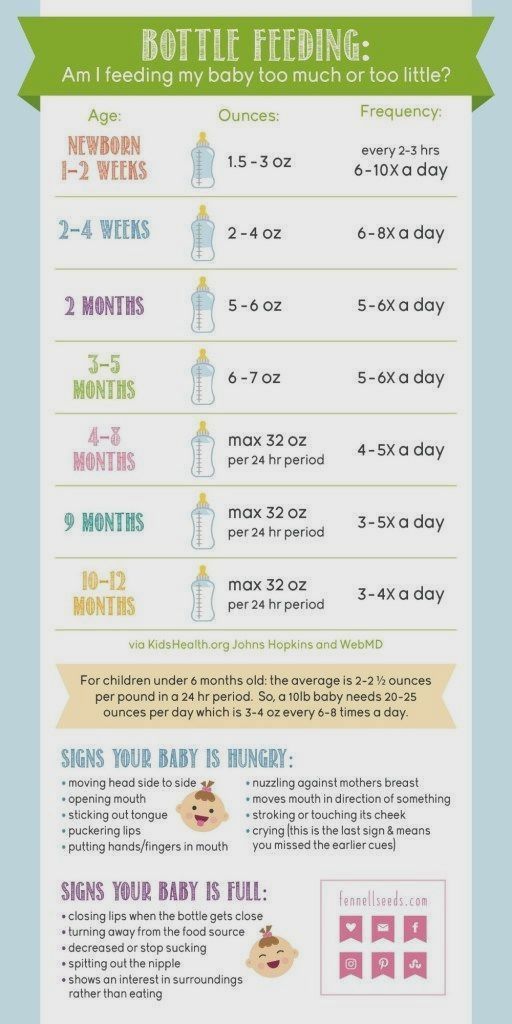 Your loved ones are adults, they wish both you and the baby only the best and are unlikely to harm him in any way. At most, a diaper is buttoned crookedly, an extra blouse is put on the baby, or they give him the wrong nipple.
Your loved ones are adults, they wish both you and the baby only the best and are unlikely to harm him in any way. At most, a diaper is buttoned crookedly, an extra blouse is put on the baby, or they give him the wrong nipple.
If possible, make arrangements with your family so that they can babysit at least two or three times a week, giving you a couple of hours to sleep and rest. By the way, for this you can invite a nanny. And again - no household chores at this time, only - sleep!
sleeping with the baby
Co-sleeping has many advantages: the mother doesn't have to get up, wake up, go to the crib, get the baby out of it. She can feed the baby and at the same time almost never wake up: after all, the baby will find the breast on its own. Yes, and many children sleep only with their parents - in order to fall asleep, some babies need to feel the familiar smell and warmth of a loved one. This method has both its supporters and opponents, but in any case, if you choose to sleep together, you need to ensure the safety of the child. You can not put the child on the edge of the bed - he can turn around and fall to the floor; you can not put it next to the parent pillow - the baby may turn unsuccessfully and his breathing will be disturbed.
You can not put the child on the edge of the bed - he can turn around and fall to the floor; you can not put it next to the parent pillow - the baby may turn unsuccessfully and his breathing will be disturbed.
And it's best not to put the baby in the same bed with adults, but simply move the crib to the parent's bed, after removing the side rail from it (today there are even special cribs for sleeping together). So the child will feel the closeness of mom and dad, and parents will sleep peacefully, without worrying about his safety.
“Stock up” with sleep
Scientists have found that lack of sleep or insomnia is fully compensated by a full rash that precedes (or follows after) it. And if so, then you can “stock up” on sleep. A couple of times a week (well, or one for sure) you need to arrange a day for yourself when the dream lasts 8-9hours per day. Here again, relatives or a nanny will come to the rescue.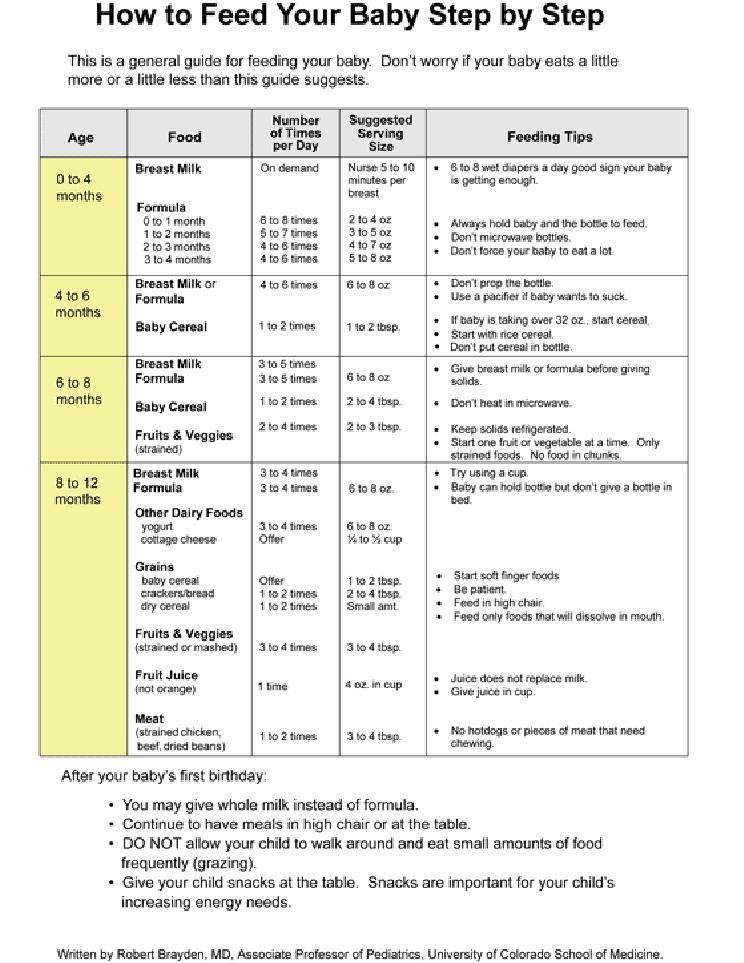 You can select once a week when you sleep all night, and dad gets up at night for the baby. True, this is convenient when the child is bottle-fed or at least agrees to drink expressed mother's milk from a bottle at night. If this is not possible, then you need to agree with your husband that, for example, on the weekend he takes the child and works with him for a couple of morning hours, and you fill up the missing time. Or let your grandmother (nanny) come in the morning, who will also let you make up for a night's sleep.
You can select once a week when you sleep all night, and dad gets up at night for the baby. True, this is convenient when the child is bottle-fed or at least agrees to drink expressed mother's milk from a bottle at night. If this is not possible, then you need to agree with your husband that, for example, on the weekend he takes the child and works with him for a couple of morning hours, and you fill up the missing time. Or let your grandmother (nanny) come in the morning, who will also let you make up for a night's sleep.
go to bed together at night
Usually, after putting her baby to bed, a mother either rushes to finish the day's work, or tries to find time for herself (surf the Internet, read a book, watch TV, get a manicure). But it is the first three to four hours of sleep at night that children sleep best. Take note of this and go to bed at night at the same time as your baby. Otherwise, you have not yet had time to fall asleep (or just fell asleep), as the baby woke up for night feeding or just like that.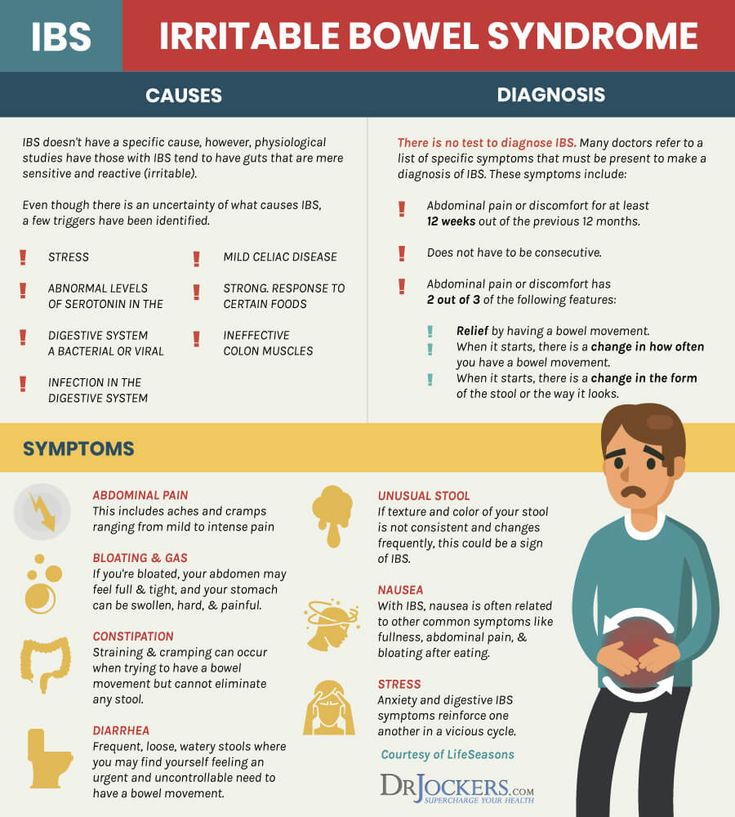 As a result, you will get not only a shortened night's sleep, but for sure at night the baby will wake up a couple more times and interrupt it.
As a result, you will get not only a shortened night's sleep, but for sure at night the baby will wake up a couple more times and interrupt it.
put the child to bed early
As a rule, an adult who goes to bed early wakes up earlier. But in children there is no such pattern. Therefore, do not be afraid that today, having fallen asleep before 9 pm, tomorrow the baby will wake you up at dawn. On the contrary, the later the child falls asleep, the worse and more restless he sleeps. And just early laying gives a more complete and prolonged night's sleep. And this is exactly what a tired mom needs! But in order to establish such a daily routine, all family members will have to try. But then it becomes much easier for them.
Try to improve your routine and sleep more, and the whole family will feel much better. Even with a small child, it is possible not to feel sleep deprivation. Try it and see for yourself.
If this arrangement suits all members of your family, practice co-sleeping. This is a real salvation for mothers whose children often wake up at night. Sleep deficiency disrupts the formation of serotonin in the body - a biologically active substance, which is also called the hormone of happiness, calmness and good mood. As a result, a person deprived of normal rest constantly experiences irritability and a feeling of depression
Try to instill a consistent sleep and wake schedule in your child. This will make your day more organized and make you less tired.
Attention! Prices for services in different clinics may vary. To clarify the current cost, select the clinic
The administration of the clinic takes all measures to update the prices for programs in a timely manner, however, in order to avoid possible misunderstandings, we recommend that you check the cost of services by phone / with the managers of the clinic
Clinical Hospital MD GROUPClinical Hospital Lapino-1 "Mother and Child"Children's Clinic KG "Lapino" in New Riga (branch)Clinic "Mother and Child" KuntsevoClinic "Mother and Child" SavelovskayaClinic "Mother and Child" South-WestClinic "Mother and child" Novogireevo
All directionsKinesiotherapy for childrenSpecialist consultations (adults)Specialist consultations (children)Massage / manual therapy for childrenTherapeutic research
01.


